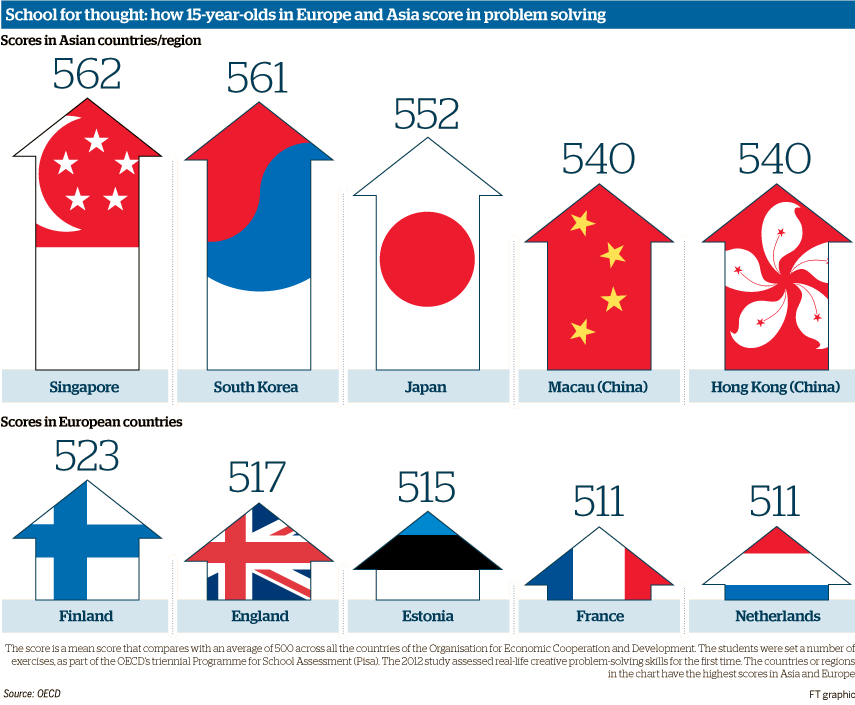Here is a collective voice of reason from a distinguished group of Malaysians-
We, a group of concerned citizens of Malaysia, would like to express how disturbed and deeply dismayed we are over the continuing unresolved disputes on the position and application of Islamic laws in this country.
The ongoing debate over these matters displays a lack of clarity and understanding on the place of Islam within our constitutional democracy. Moreover, they reflect a serious breakdown of federal-state division of powers, both in the areas of civil and criminal jurisdictions.
We refer specifically to the current situation where religious bodies seem to be asserting authority beyond their jurisdiction; where issuance of various fatwa violate the Federal Constitution and breach the democratic and consultative process of shura; where the rise of supremacist NGOs accusing dissenting voices of being anti-Islam, anti-monarchy and anti-Malay has made attempts at rational discussion and conflict resolution difficult; and more importantly, where the use of the Sedition Act hangs as a constant threat to silence anyone with a contrary opinion.
These developments undermine Malaysia’s commitment to democratic principles and rule of law, breed intolerance and bigotry, and have heightened anxieties over national peace and stability.
As moderate Muslims, we are particularly concerned with the statement issued by Minister Datuk Seri Jamil Khir Baharom, in response to the recent Court of Appeal judgment on the right of transgender to dress according to their identity.
He viewed the right of the transgender community and Sisters in Islam (SIS) to seek legal redress as a “new wave of assault on Islam” and as an attempt to lead Muslims astray from their faith, and put religious institutions on trial in a secular court.
Such an inflammatory statement from a federal minister (and not for the first time) sends a public message that the prime minister’s commitment to the path of moderation need not be taken seriously when a minister can persistently undermine it.
These issues of concern we raise are, of course, difficult matters to address given the extreme politicisation of race and religion in this country.
But we believe there is a real need for a consultative process that will bring together experts in various fields, including Islamic and constitutional laws, and those affected by the application of Islamic laws in adverse ways.
We also believe the prime minister is best placed with the resources and authority to lead this consultative process. It is urgent that all Malaysians are invested in finding solutions to these longstanding areas of conflict that have led to the deterioration of race relations, eroded citizens’ sense of safety and protection under the rule of law, and undermined stability.
There are many pressing issues affecting all of us that need the urgent leadership and vision of the prime minister, the support of his Cabinet and all moderate Malaysians.
They include:
i) A plural legal system that has led to many areas of conflict and overlap between civil and shariah laws.
In particular there is an urgent need to review the Shariah Criminal Offences (SCO) laws of Malaysia.
These laws which turn all manner of “sins” into crimes against the state have led to confusion and dispute in both substance and implementation. They are in conflict with Islamic legal principles and constitute a violation of fundamental liberties and state intrusion into the private lives of citizens.
In 1999, the Cabinet directed the Attorney-General's Chambers to review the SCO laws. But to this day, they continue to be enforced with more injustices perpetrated.
The public outrage, debates over issues of jurisdiction, judicial challenge, accusations of abuses committed, gender discrimination, and deaths and injuries caused in moral policing raids have eroded the credibility of the SCO laws, the law-making process, and public confidence that Islamic law could indeed bring about justice.
ii) The lack of public awareness, even among top political leaders, on the legal jurisdiction and substantive limits of the powers of the religious authorities and administration of Islamic laws in Malaysia.
The Federal Constitution is the supreme law of the land and any law enacted, including Islamic laws, cannot violate the Constitution, in particular the provisions on fundamental liberties, federal-state division of powers and legislative procedures.
All acts, enactments and subsidiary legislations, including fatwa, are bound by constitutional limits and are open to judicial review.
iii) The need to ensure the right of citizens to debate the ways Islam is used as a source of public law and policy in this country. The Islamic laws of Malaysia are drafted by the executive arm of government and enacted in the legislative bodies by human beings.
Their source may be divine, but the enacted laws are not divine. They are human made and therefore fallible, open to debate and challenge to ensure that justice is upheld.
iv) The need to promote awareness of the rich diversity of interpretive texts and juristic opinions in the Islamic tradition. This includes conceptual legal tools that exist in the tradition that enable reform to take place and the principles of equality and justice to be upheld, in particular in response to the changing demands, role and status of women in the family and community.
v) The need for the prime minister to assert his personal leadership as well as appoint key leaders who will, in all fairness, champion open and coherent debate and discourse on the administration of Islamic laws in this country to ensure that justice is done.
We especially urge that the leadership sends a clear signal that rational and informed debate on Islamic laws in Malaysia and how they are codified and implemented are not regarded as an insult to Islam or to the religious authorities.
These issues may seem complex to many, but at the end of the day, it really boils down to this: as Muslims, we want Islamic law, even more than civil law, to meet the highest standards of justice precisely because it claims to reflect divine justice.
Therefore, those who act in the name of Islam through the administration of Islamic law must bear the responsibility of demonstrating that justice is done, and is seen to be done.
When Islam was revealed to our Prophet saw in 7th century Arabia, it was astoundingly revolutionary and progressive. Over the centuries, the religion has guided believers through harsh and challenging times. It is our fervent belief that for Islam to continue to be relevant and universal in our times, the understanding, codification and implementation of the teachings of our faith must continue to evolve.
Only with this, can justice, as enjoined by Allah, prevail. – December 8, 2014.
1. Tan Sri Datuk Abdul Rahim Haji Din, former secretary-general, Home Ministry
2. Tan Sri Ahmad Kamil Jaafar, former secretary-general, Ministry of Foreign Affairs
3. Tan Sri Dr Aris Othman, former secretary-general, Ministry of Finance
4. Tan Sri Dr Ismail Merican, former director-general, Health Ministry
5. Tan Sri Mohd Sheriff Mohd Kassim, former secretary-general, Ministry of Finance
6. Tan Sri Dr Mustaffa Babjee, former director-general, Veterinary Services
7. Tan Sri Nuraizah Abdul Hamid, former secretary-general, Ministry of Energy, Communications and Multimedia
8. Tan Sri Dr Yahya Awang, cardiothoracic surgeon and core founder, National Heart Institute
9. Datuk Seri Shaik Daud Md Ismail, former Court of Appeal judge
10. Datuk Abdul Kadir Mohd Deen, former ambassador
11. Datuk Anwar Fazal, former senior regional adviser, United Nations Development Programme
12. Datuk Dali Mahmud Hashim, former ambassador
13. Datuk Emam Mohd Haniff Mohd Hussein, former ambassador
14. Datuk Faridah Khalid, representative of Women’s Voice
15. Datuk Latifah Merican Cheong, former assistant governor, Bank Negara
16. Lt-Gen (Rtd) Datuk Maulob Maamin
17. Datuk Noor Farida Ariffin, former ambassador
18. Datuk Ranita Hussein, former Suhakam commissioner
19. Datuk Redzuan Kushairi, former ambassador
20. Datuk Dr Sharom Ahmat, former deputy vice-chancellor, Universiti Sains Malaysia
21. Datuk Syed Arif Fadhillah, former ambassador
22. Datuk Zainal Abidin Ahmad, former director-general, Malaysian Timber Industry Board
23. Datuk Zainuddin Bahari, former deputy secretary-general, Ministry of Domestic Trade, Cooperatives and Consumerism
24. Datin Halimah Mohd Said, former lecturer, Universiti Malaya and president, Association of Voices of Peace, Conscience and Reason (PCORE)
25. Hendon Mohamad, past president, Malaysian Bar
- See more at: http://www.themalaysianinsider.com/sideviews/article/champion-open-debate-and-discourse-on-islamic-law-noor-farida-ariffin-and-2#sthash.8GFgCVrh.dpuf











